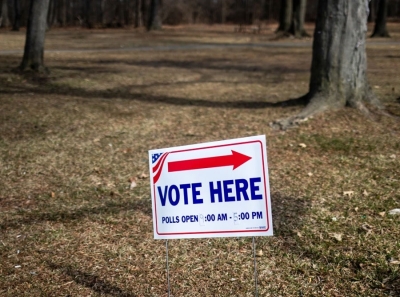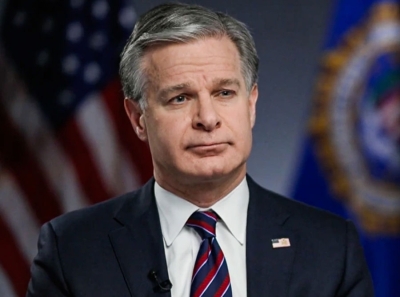The growth of hatred, expressed both online and offline across Europe, confirms the need to address hate speech and hate crime at EU level, a European Economic and Social Committee (EESC) hearing was told.
On 30th March, the EESC held a public hearing to discuss the European Commission’s proposal to broaden the list of EU crimes under Article 83(1) of the Treaty on the Functioning of the European Union (TFEU) to include all forms of hate crime and hate speech.
The intensification of hate speech and hate crime in Europe in recent years is linked to the growing mediatisation of politics and an increase in disinformation campaigns, said EESC member José Antonio Moreno Díaz, the president of the EESC study group which is preparing an opinion on the Commission’s proposal.
Hate speech and hate crimes target not only the victim but also the group to which they belong, which leads to an erosion of culture, fundamental rights, and the social foundation of society.
The road to an EU directive
If agreement is reached in the Council, the Commission will begin working on a proposal for a directive harmonising the definitions of criminal offences and sanctions in the areas of hate speech and hate crime. Several points of interest for this second phase of the initiative were raised during the hearing.
Ricardo Gutierrez of the European Federation of Journalist raised the need to preserve freedom of expression and to support independent media. Mihail Boyadzhiev, Chairman of the Union of Bulgarian Foundations and Associations, added that future work on the definition must also take into account that people’s self-identification with groups in society is extremely important for discerning the intent and impact of hate speech and hate crimes. When considering sentencing, prosecutors should look at the social context, the leadership position the offender holds, and their capacity to influence society.
As a final point, the panel participants highlighted the importance of preventive measures against hate speech and hate crimes. Measures and policies promoting equal treatment and limiting discriminatory behaviours should be promptly put in place, together with public awareness-raising campaigns.
The conclusions of the hearing will feed into the EESC opinion on the subject. The opinion will be adopted in the EESC’s plenary session in May.







